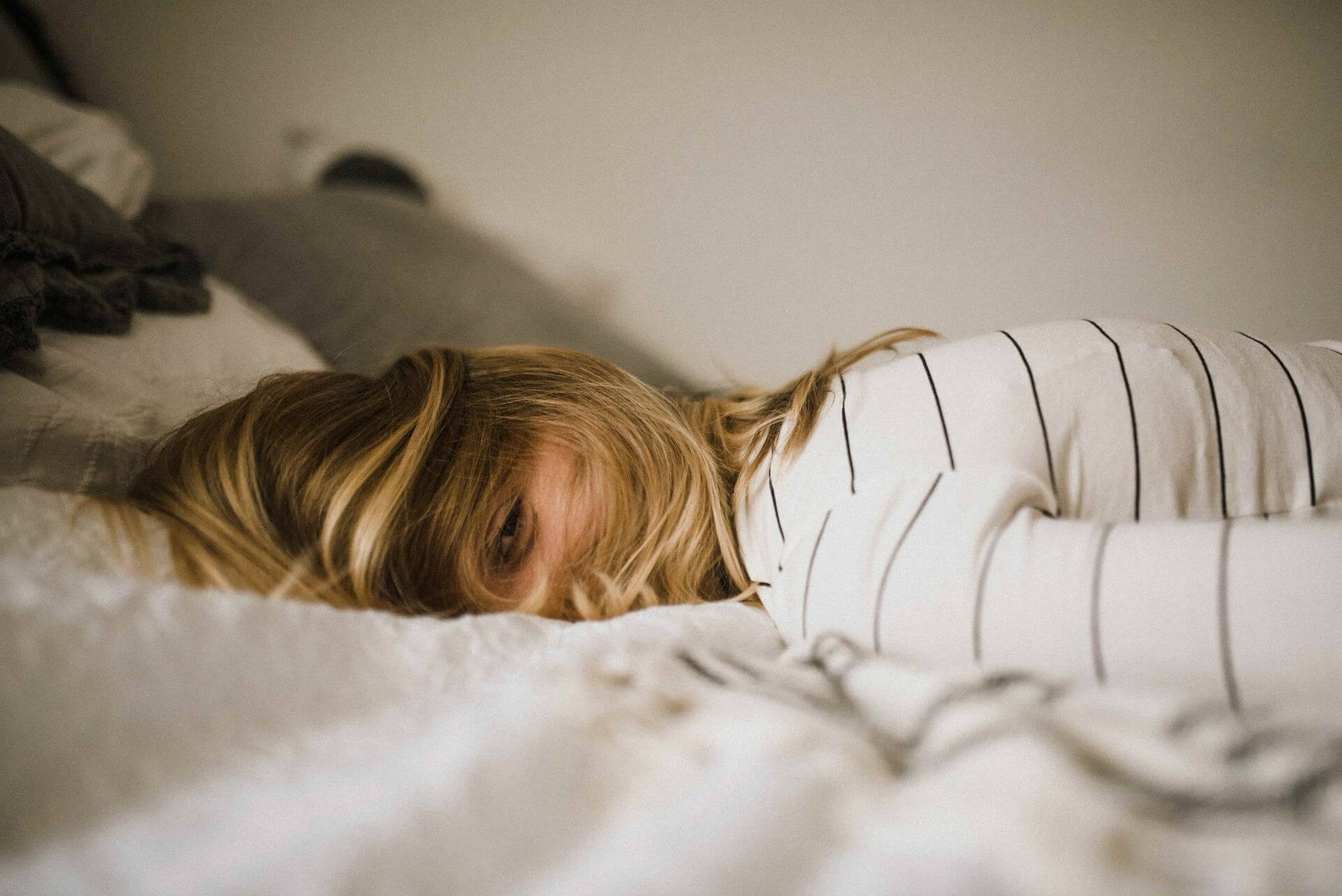All posts
How are you REALLY doing? Signs You Might be Struggling During COVID-19
It’s coming up to two years since COVID-19 changed the world as we know it. As the post-COVID world we’re living in starts to feel like the new normal, it can be easy to ignore the impacts it’s still having on our mental health. A lot of us are feeling anxious about the uncertainty of […]


It’s coming up to two years since COVID-19 changed the world as we know it.
As the post-COVID world we’re living in starts to feel like the new normal, it can be easy to ignore the impacts it’s still having on our mental health.
A lot of us are feeling anxious about the uncertainty of the future, while others might simply be feeling ‘meh’ and struggling to find motivation.
It’s important to keep checking in with ourselves and prioritising our mental health during COVID. Because no matter how long we’ve had to adjust to these strange times, there may still be ongoing impacts to our emotional wellbeing.
We’ve listed a few signs you might not be feeling your best and need to give yourself some extra TLC.
You feel lonely, but you can’t be bothered talking to anyone
You miss social interactions, but the thought of another half-hearted FaceTime with friends talking about today’s case numbers makes you want to hide under the covers. Our friends who’ve been stuck in lockdown for a while might especially feel this.
There’s not a lot to talk about when you can’t leave the house. You might not want to talk about how you’re doing because you’re tired of complaining. You might not have the emotional capacity to listen to your loved ones vent when you’re struggling with the same stuff. And your friends in other states with different restrictions might not be able to fully understand what you’re going through.
Research shows loneliness is as bad for us as smoking 15 cigarettes per day. It’s a major risk factor for mental health issues like depression and anxiety.
If you’re feeling lonely but would rather isolate yourself than maintain connections, it could be a sign your mental health needs attention.
Lonely working from home? These tips might help.
You’ve been eating unhealthily and/or drinking more
If you’re relying on food or substances for happiness or comfort at the moment, you’re not alone.
A 2020 study found almost a third of us (28%) have increased our drug or alcohol consumption since COVID-19. This could be due to boredom or to manage or alleviate negative emotions.
The same could be said for comfort food. Some of us are reaching for sweet and fatty foods as an easy dopamine hit, temporarily making us feel happier when there’s not much else to do.
Unhealthy habits can be a sign of deeper issues like stress and depression. If your diet has become unbalanced or you’re reaching for drugs or alcohol more often, it might be time to check in and take stock of your emotional state.
You’re not interested in the things you used to look forward to
Don’t get excited about the things or people that used to get you out of bed in the morning? This is a common sign of depression.
It might feel a bit harder than usual to summon motivation to do the things these days. But if you’ve lost interest in the hobbies, sports, or social activities you normally enjoy, it could be time to take steps to address your mental health.
Talking to a counsellor in person, over the phone, or over Zoom can help you identify issues impacting your life and find solutions that work for you. Learn more about our confidential counselling services here or call 1300 364 277 to make an appointment.
Clinical Supervisor Kylie Turner offers tips to look after your mental and emotional wellbeing during COVID-19 in this helpful article.
Back to all posts